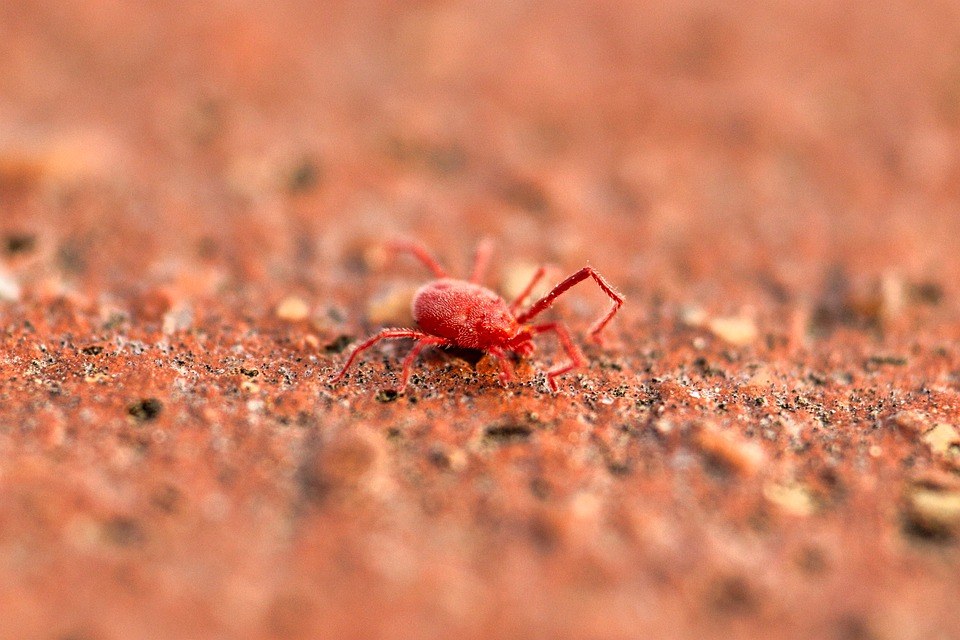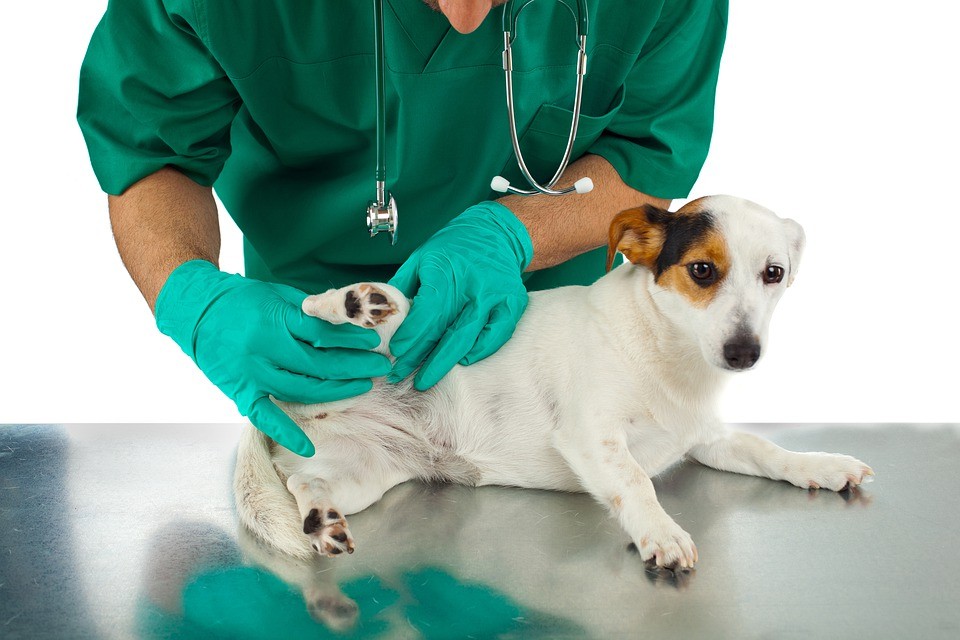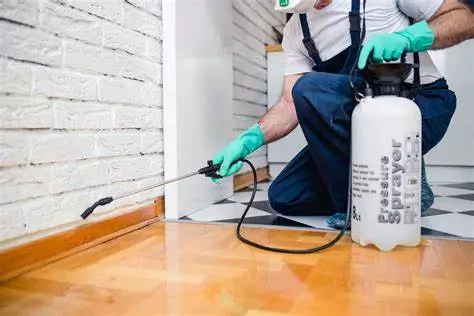What are the dangers of fleas? Learn about the dangers of fleas and how they can impact your health and home. Discover how fleas can affect your pets, leading to anaemia and other health issues.
What Harm Can Fleas Cause
There are many dangers of fleas that pet owners need to be aware of. Fleas are not just annoying pests; they can pose a real threat to the health of humans and pets alike. As small as they may be, fleas can carry diseases, making them something that shouldn’t be taken lightly.
Pets infested with fleas may develop anaemia if the infestation is severe. For these reasons, regular flea prevention methods are crucial to keep both pets and humans safe from these harmful parasites.
Fleas feed off the blood of their hosts, causing discomfort and severe itchiness. This scratching can result in hair loss, inflammation, and secondary skin infections in animals. More dangerously, some fleas carry bacteria like Bartonella, which can cause cat scratch fever in people.
Severe cases may even experience fever, swollen lymph nodes, and headaches. Fleas can also pass on tapeworms and other parasites, posing extra health risks to both pets and humans. Prevention and prompt treatment are essential. This will help to protect against the adverse effects of flea infestations. Frequent pet care and veterinary check-ups can help manage and prevent flea-related health issues.
Fleas are also a common source of tapeworms in pets and occasionally, humans. If an infected flea is swallowed, the larvae of the tapeworm hatch inside the host's body. This is particularly concerning for children, who might unknowingly ingest fleas.
Keep an eye out, as they may be playing with infested pets or receiving it through close contact. Tapeworms can cause discomfort, nutritional deficiencies, and other health issues if left untreated. Ensuring that pets are regularly treated for fleas is essential in preventing these kinds of infections.
Parents should watch their children’s interaction with pets closely. Make sure they maintain good hygiene practices to reduce the risk of accidental ingestion. Always consult a vet for the best flea treatment options.
Fleas were some of the main carriers of the Bubonic Plague, which decimated millions around the world centuries ago. While the plague is less common today, fleas in certain areas can still carry and spread it. Fleas can pass on other diseases as well, including murine typhus and bartonellosis.
How to Get Rid of Fleas in the House
If you find yourself asking, how can I get rid of fleas from my home? – here is a handy guide to follow.
Firstly, vacuum your carpet thoroughly and regularly. Fleas lay their eggs and larvae in carpets; vacuuming helps remove these, reducing the chances of a new infestation.
Steam clean your carpet and upholstery to kill any hiding eggs. Insider tip: fleas love to hide in shady areas, so attention to such spots can be beneficial.

Next, launder your bedding and curtains, and don't forget the toys and bedding of your pets. Washing with hot water and a good detergent can kill flea eggs and larvae. Also, make sure to vacuum carpets, rugs, and upholstered furniture thoroughly.
Dispose of the vacuum bag immediately to prevent fleas from escaping. If your pets have fleas, give them a good flea bath using flea soap, followed by a thorough combing with a flea comb. This can remove adult fleas and their eggs. Get a flea treatment from your veterinarian; they can prescribe oral or topical flea preventatives.
Some even provide flea collars. Additionally, ensure you clean your pet's bedding and vacuum your home regularly to remove any lingering flea eggs or larvae. Taking these steps helps prevent re-infestation and keeps your pets comfortable and healthy.
Consulting a vet for the best treatment plan tailored to your pet's needs is crucial. If the infestation is severe, it might be time to consider a 'flea bomb' or the use of insecticides in your home. But remember to follow the instructions carefully to avoid adverse health effects. It's wise to treat your pets and their bedding, as fleas are often brought in by animals. Regular vacuuming and washing can also help keep the flea population under control.
Maintaining your outdoor areas is critical too. Regular lawn mowing and treating shady spots with pesticides can discourage fleas. Clearing any debris and ensuring proper drainage will further reduce flea habitats and make your yard safer for everyone.
Always check for overgrown areas and trim back any bushes or plants. Doing so will allow sunlight to reach all areas, as this can help deter flea populations as well. Enhancing soil quality and removing standing water can also contribute to a healthier, flea-free garden. A well-maintained yard is not only pleasant to look at but also a crucial step in ensuring a flea-free environment for both pets and people alike.
Can Fleas Live On Humans?
Human skin isn't the ideal home for fleas; they prefer animals with thick fur. However, in the absence of their preferred hosts (animals like cats and dogs), fleas can turn to humans as a feeding source.
They can hitch a ride on your clothing or jump directly on you. Once on a human, fleas can bite, causing itchiness and potential allergic reactions.
Human fleas, though rare, are a species that can live and breed on humans. Other species of fleas like cat fleas or dog fleas might bite humans but won't live on a person long-term. Fleas go through several stages in their lifecycle: egg, larva, pupa, and adult. They thrive in warm, humid environments and can be challenging to eradicate without proper treatment.
Preventing flea infestations involves regular grooming and cleaning of pets. It is also recommended that you keep your living environment tidy. If you suspect a flea infestation, prompt action to remove these pests is essential. That way, you can ensure your home remains comfortable and flea-free.
Signs Of Fleas To Look Out For
Recognising the signs of a flea infestation early on is crucial to protect both pets and people inside your house. The most common signs include your pets scratching or biting their fur more than usual. You might also see small dirt-like particles on their skin; these are flea faeces.
In humans, fleas often bite around the ankles and legs.

Flea bite signs include small, red bumps that are itchy. Some people might have an allergic reaction to flea bites, causing more severe skin reactions and discomfort. You may notice your pets losing fur in patches or having red, irritated skin. Fleas can be a nuisance and pose health risks to both humans and animals, so it's important to address the issue promptly.
Fleas can also be found in your home, particularly in carpets, bedding, and furniture. Frequently checking these areas for signs of fleas can help in early detection. If you suspect a flea infestation, it’s essential to act fast to prevent it from worsening, ensuring the health and comfort of your household.
Is It Easy To Get Rid Of Fleas
Getting rid of fleas can be a challenging and time-consuming process. Fleas are resilient and their eggs can survive for weeks or even months in your house, awaiting the right conditions to hatch.
Regular vacuuming, washing bedding, and treating pets are necessary yet not always enough. In stubborn cases, you may need to resort to pest control services or powerful flea-killing products. You must aim to treat both your home and your pets to avoid a flea infestation from reoccurring. Consider using flea sprays on carpets and furniture, as well as flea collars or spot-on treatments for your pets.
Sometimes, natural remedies like diatomaceous earth can help. Yet they may require repeat applications. Finally, maintaining regular grooming and health check-ups for your pets can help catch any flea problems early. This makes it easier to manage and prevent future infestations.
Are you experiencing a flea pest infestation in the Stevenage or surrounding Hertfordshire areas?
If you are worried that your property has a flea problem or infestation we can help.

